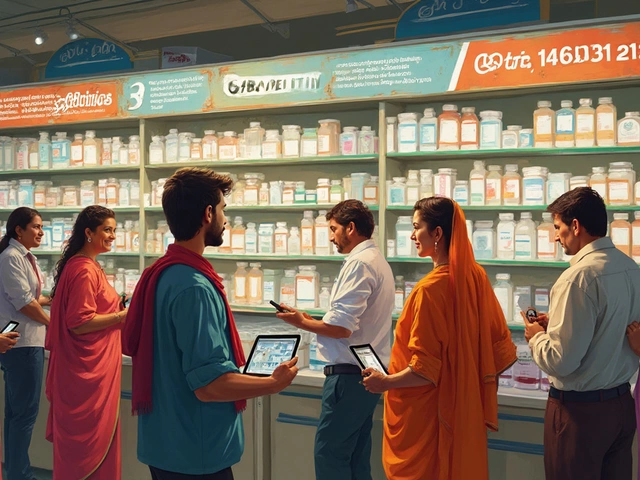When to Seek Help: Knowing the Right Moment
Ever felt a weird ache or sudden dizziness and wondered, "Is this serious?" You’re not alone. Most of us brush off minor symptoms, hoping they’ll pass. But some signs scream for attention. Below we break down everyday clues that mean it’s time to call a doctor, head to the ER, or get urgent care.
Red‑Flag Symptoms You Can’t Ignore
Chest pain that radiates to your arm, jaw, or back is a classic warning. Even if the pain feels mild, it could be a heart issue. Shortness of breath that comes on suddenly, especially with a feeling of tightness, also needs prompt evaluation.
Bleeding that won’t stop after 10 minutes, a sudden loss of vision, or severe headache that’s the worst you’ve ever had are all red‑flags. These aren’t “just a headache” or “maybe a cut”. They point to problems that can get worse quickly.
If you notice sudden weakness or numbness on one side of your body, slurred speech, or trouble walking, think stroke. Time is brain – the faster you get help, the better the outcome.
Fever over 103°F (39.5°C) in a child, pregnant woman, or anyone with a weakened immune system should trigger a call to a healthcare provider. High fevers can hide serious infections.
When Your Medications Might Be the Culprit
Some medicines cause side effects that look harmless but become dangerous. For instance, if you’re on blood thinners and notice unusual bruising, dark urine, or coughing up blood, stop and seek help right away.
Take note of any new rash, swelling of the face or throat, or difficulty breathing after starting a new drug. These could be allergic reactions that need emergency care.
People on diabetes meds should watch for symptoms of low blood sugar – shakiness, sweating, confusion. If these don’t improve with a quick snack, get medical attention.
In case of overdose, whether accidental or intentional, call emergency services immediately. Even if you feel fine, some substances damage organs before symptoms surface.
Beyond the obvious, trust your gut. If something feels off and you can’t explain it, a quick phone call to a doctor can save you from a bigger problem later. Many clinics offer same‑day appointments for urgent but non‑emergency concerns.
Remember, the goal isn’t to panic; it’s to act smart. Keep a list of your regular meds, allergies, and any recent changes handy. This speeds up care when you finally need it.
In summary, watch for chest pain, sudden weakness, uncontrolled bleeding, severe headaches, high fevers, and medication reactions. When in doubt, call your doctor or head to the nearest urgent‑care center. It’s better to be safe and get checked than to wonder “what if?” later.

How to Know If You Need Counseling or Therapy: Signs, Facts, And Real Advice
Not sure if you need counseling or therapy? This article breaks down the signs, debunks the myths, and shows when talking to a pro might help.

What You Shouldn't Tell Your Therapist
Feb, 25 2025

Is Gabapentin a Controlled Substance?
Mar, 4 2025


